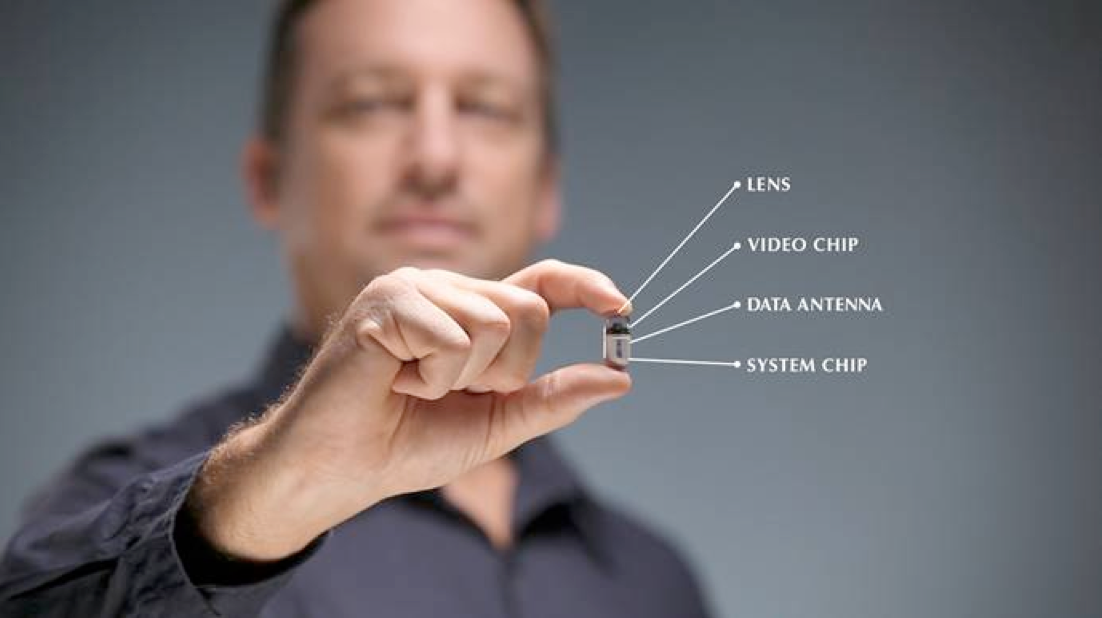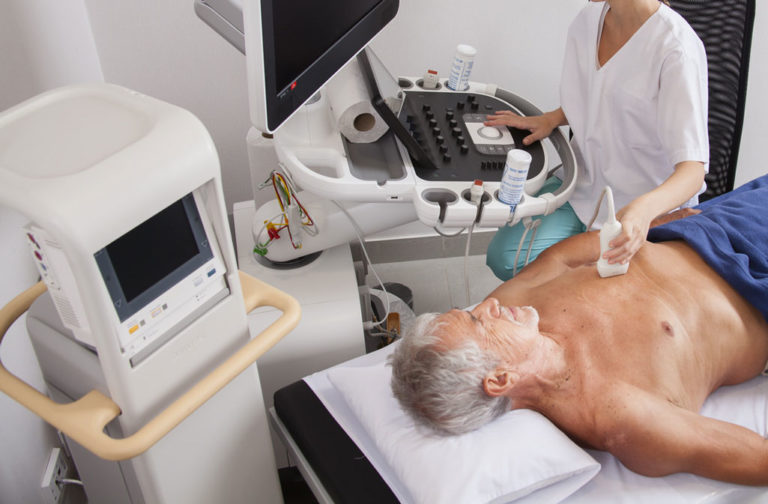Capsule endoscopy is a procedure that uses a tiny wireless camera to take pictures of your digestive tract. A capsule endoscopy camera sits inside a vitamin-size capsule you swallow. As the capsule travels through your digestive tract, the camera takes thousands of pictures that are transmitted to a recorder you wear on a belt around your waist.

Your doctor might recommend a capsule endoscopy procedure to:
- Find the cause of gastrointestinal bleeding. If you have unexplained bleeding in your digestive tract, capsule endoscopy can help find the cause.
- Diagnose inflammatory bowel diseases, such as Crohn’s disease. Capsule endoscopy can reveal areas of inflammation in the small intestine.
- Diagnose cancer. Capsule endoscopy can show tumors in the small intestine or other parts of the digestive tract.
- Diagnose celiac disease. Capsule endoscopy is sometimes used in diagnosing and monitoring this immune reaction to eating gluten.
- Screen for polyps. People who have inherited syndromes that can cause polyps in the small intestine might occasionally undergo capsule endoscopy.
- Do follow-up testing after X-rays or other imaging tests. If results of an imaging test are unclear or inconclusive, your doctor might recommend a capsule endoscopy to get more information.



